The genesis of Wagner's opus
Review of The Tristan Chord: Wagner and Philosophy by Bryan Magee
This is about the philosophical underpinnings of Wagner's operas, from his start as a socialist revolutionary to his end as a disengaged Schopenhauerian. Along the way, he influences Nietzsche, who was his acolyte as a young man.
At first, Wagner was a kind of utopist anarchist and took part in the revolutions of 1848. He believed that art could fundamentally change society for the better, and that human life was perfectible through politics. Free love and the destruction of convention were the rule. It was at this time that he conceived the Ring and wrote its entire libretto. His revolutionary involvement led directly to his exile in Switzerland, where he met Nietzsche and the two began long talks on art and life.
During his exile, Wagner discovered Schopenhauer and disengaged from his earlier activism eventually in an almost Buddhist detachment. It was an atheistic philosophy of extreme pessimism, an argument that life was so awful that it might have been better never to have existed, that one’s own desires and hopes led only to pain and loneliness. Art, Schopenhauer said, offered a way out of this suffering, as did asceticism. It was the antithesis of Leibniz’s philosophy, who preached that we lived in “the best of all possible worlds”.
Wagner never changed this attitude. While he kept the first two operas of the Ring, his philosophical shift influenced his artistic conceptions so deeply that he wrote the music to the last two parts of the Ring with far greater emphasis on the music. He saw the myth in a new way, and (unconsciously) consistent with his early intention on another level, while contradicting his earlier writings on what it meant. If he decisively influenced Nietzsche, it was in negative reaction: his later philosophy is largely a rebellion against Wagner and Schopenhauer.
This is a lot of meaty fare to cover and I greatly enjoyed the perspective on the work of this truly unique artist. Unfortunately, in spite of this great illumination into the development of one of the greatest artists of all time, I grew very tired of Magee's pretentions at being a philosophical writer. In my reading, his work simply reeks of a kind of Oxbridge intellectual snobbism in only the way a Brit can show off his erudition. I know too many guys who speak like he writes, so this is perhaps personal. Nonetheless, Magee's reasoning should become a must-read amongst Wagernian devotees, and he is recognized as a very good scholar on Schopenhauer.
There is also the "rigor" of Magee's reasoning, which I found tedious – I am not a professional philosopher in an academic setting. In a massive section on why Nietzsche turned against Wagner in later life: Magee concludes that Nietzsche was insulted by Wager's inquiries in his masturbatory practices (!) and also how Wagner destroyed a career path (in music!) that Nietzsche might have taken. Then, there is a long appendix on Wagner's anti-Semitism, which I could barely skim. Only a self-conscious intellectual could think he needs to logically reconcile all the stuff he tries to, such as how a “genius” like Nietzsche could fail to grasp the genius of Wagner's later operas. I think that humans are illogical hypocrites too busy to lead their lives – they do not try to ensure that their every utterance and judgment has total logical cogency. I mean, contrary to several anguished British academics that I know, I have never found it "shocking" that Nazis liked high culture and yet could be sadistic savages.
Related reviews:
The cultural forces that Richard Wagner reflected, embodied, and propelled
Wagnerism seems to have been reduced to an eccentric cult, a hobby and obsession for that few. Once, I seriously prepared to experience the entire Ring cycle at the Lyric Opera of Chicago, both by listening to it first and researching Wagner’s philosophy – he personally knew Nietzsche and read Schopenhauer – in historical context. It was fantastically i…
Kulturgeschichte of the end of the Belle Époque
This book is about the cultural currents of the late Belle Époque, the generation just prior to World War I. Rather than treat it as a decadent precursor to the war, that “fateful, spiritual Ennui” that is popular convention, Tuchman strives to portray how the people of the time saw themselves and what they were trying to do. The result is an absolutely…
The first radical artists, Belle Époque France
For anyone who is fascinated by the multifaceted artistic flowering of culture that began in the late 19th century, this book is a must read. It is about the emergence in France of an avant-garde, which began soon after the Impressionists and culminated later in Modernism and Surrealism. Shattuck attempts to explain this through 4 artists (Satie, Rousse…
Great literary interpretation of the current crisis of culture
Even though this book is over 50 years old, it a masterly attempt to understand the crisis of the contemporary era. Steiner was a literary critic and academic, but also a polymath and could evoke, with phenomenal depth, an astonishing array of disciplines, from history and language to mathematics, music, and computer technology. Perhaps the most amazing…
Review of Consciousness and Society by H. Stuart Hughes
This book is about a moment of transition in the 1890s, when philosophy and the social sciences decisively diverged. It is intellectual history at its best, combining biography, political issues, and how they impacted the theories that were struggling to emerge. A generation steeped in Enlightenment optimism and the peace of the Belle Époque, they beli…

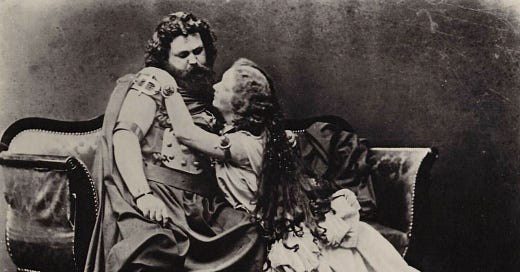


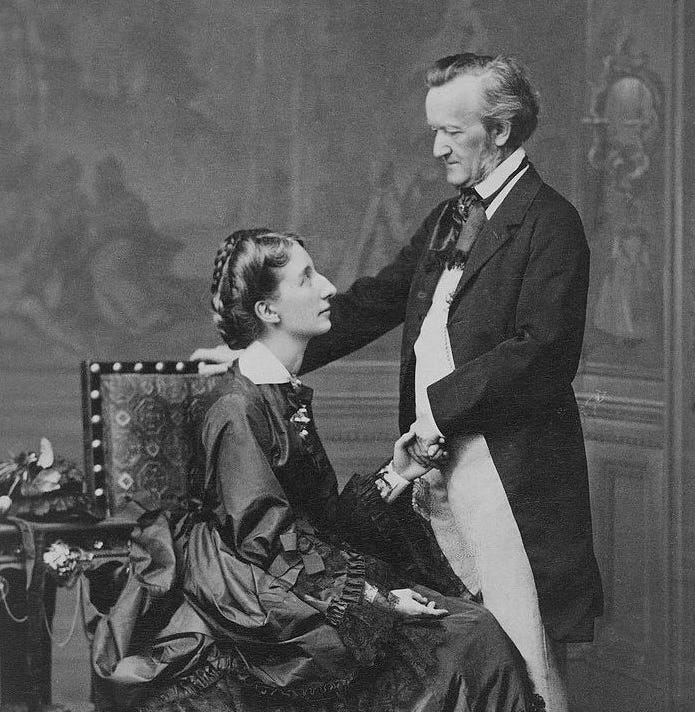
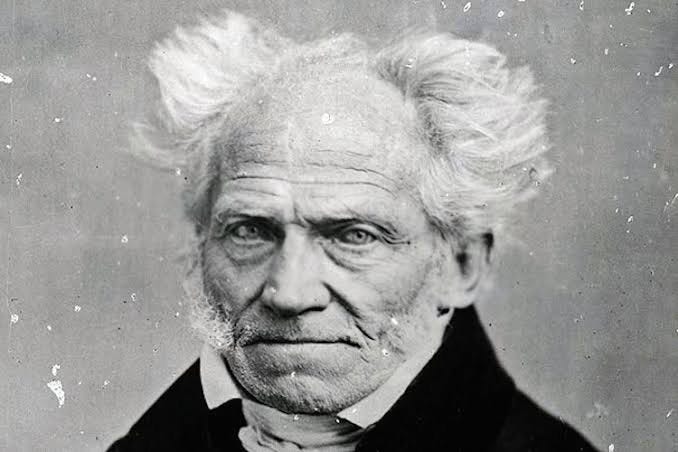
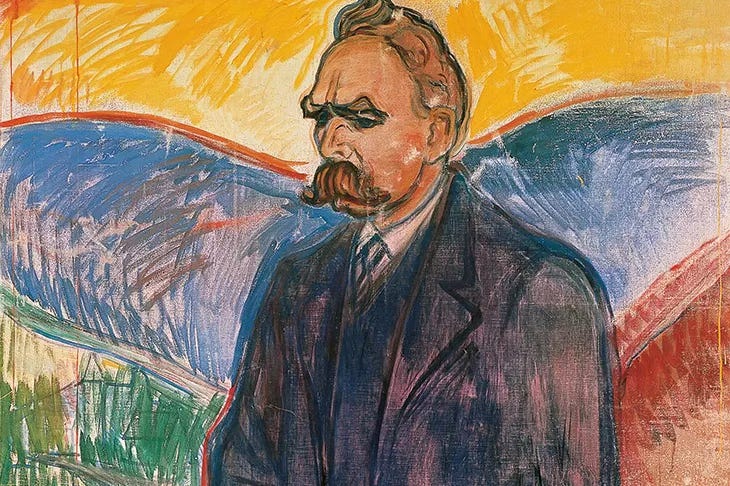
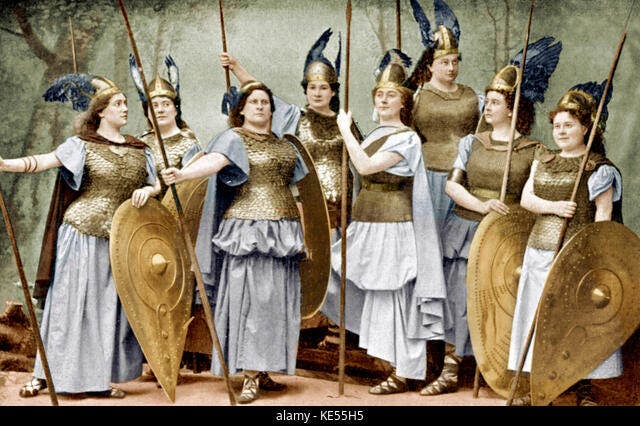




good points --